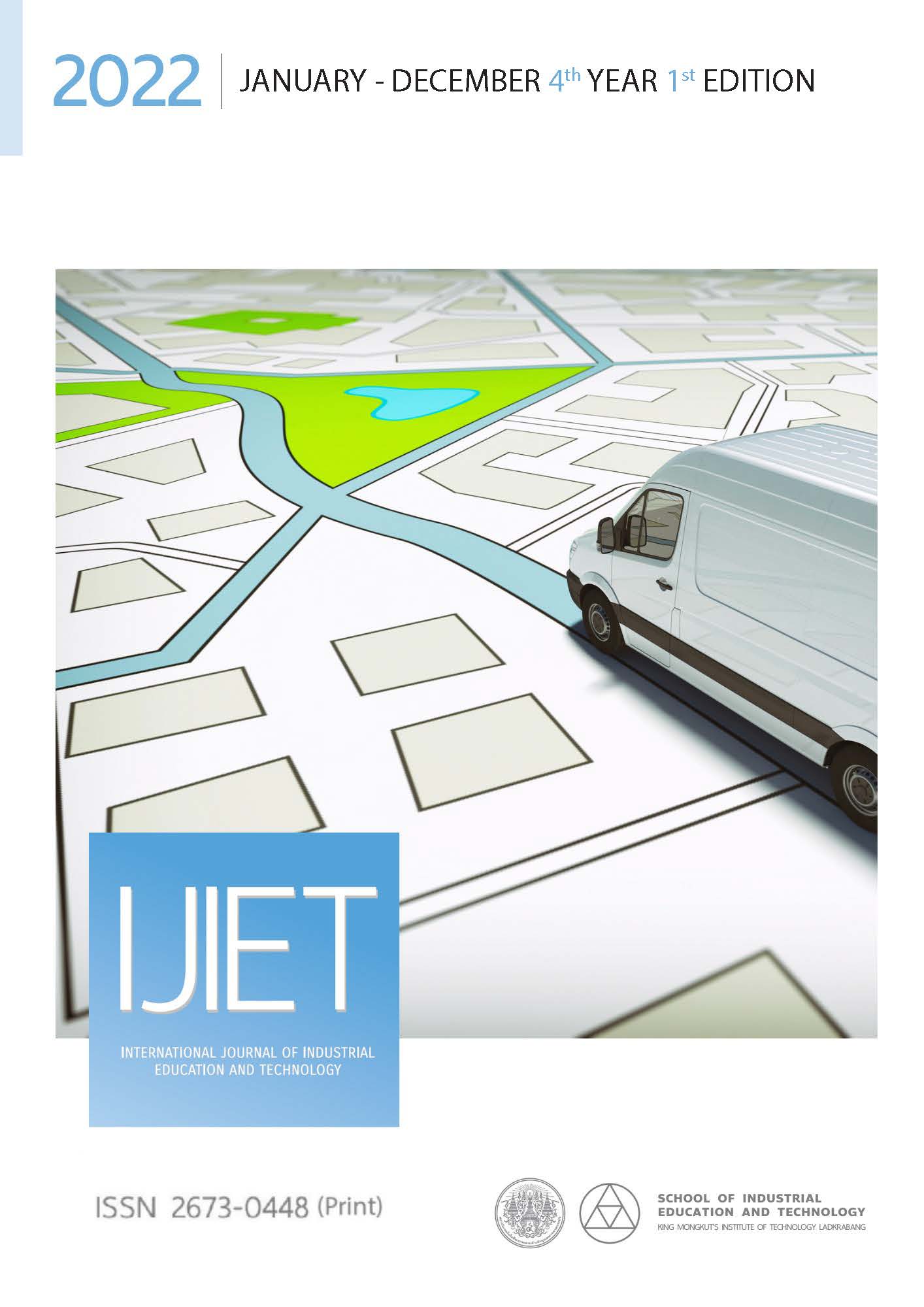MULTI FREQUENCY GLOBAL NAVIGATION SATELLITE SYSTEM (GNSS)
Keywords:
GNSS, Multi frequency GNSS, GNSS frequencyAbstract
Multi frequency Global Navigation Satellite System (GNSS) is an important tool for using and investigating earthquakes, ionosphere, and communications. It is very significant understanding and applying on the multi frequency GNSS for supporting and solving in positioning and locating around and everywhere on the earth. GNSS is used as a support for seismo-ionospheric coupling for earthquake monitoring. GNSS finds the Total Electron Content (TEC) in the ionosphere. In communications, GNSS solves the delay time which is depended on the signal path from space to the earth. So, it is very significant understanding and applying on the multi frequency GNSS.
References
An, X., Meng, X., & Jiang, W. (2020). Multi-constellation GNSS precise point positioning with multi-frequency raw observations and dual-frequency observations of ionospheric-free linear combination. Satell Navig,1,7
Huang, K., Juang, J., Tsai, Y., & Lin, C. (2020). Efficient FPGA Implementation of a Dual-Frequency GNSS Receiver with Robust Inter-Frequency Aiding. Sensors. 21-14.
Kim, M., Park, J., Jo, G., & Yoo, H. (2021). Area-Efficient Universal Code Generator for Multi-GNSS Receivers. Electronics. 10–20.
Krypiak-Gregorczyk, A. (2019). Ionosphere response to three extreme events occurring near spring equinox in 2012, 2013 and 2015, observed by regional GNSS-TEC model.J Geod, 93, 931-951.
Krypiak-Gregorczyk, A., & Wielgosz, P. (2018). Carrier phase bias estimation of geometry-free linear combination of GNSS signals for ionospheric TEC modeling. GPS Solut, 22, 45.
Li, B., Qin, Y., & Liu, T. (2019). Geometry-based cycle slip and data gap repair for multi-GNSS and multi-frequency observations. J Geod, 93, 399-417.
Lyu, Z., & Gao, Y. (2020). An SVM Based Weight Scheme for Improving Kinematic GNSS Positioning Accuracy with Low-Cost GNSS Receiver in Urban Environments. Sensors. 20-24.
Odolinski, R., & Teunissen, P.J.G. (2020). Best integer equivariant estimation: performance analysis using real data collected by low-cost, single- and dual-frequency, multi-GNSS receivers for short- to long-baseline RTK positioning. J Geod, 94, 91.
Sreeja, V. (2016). Impact and mitigation of space weather effects on GNSS receiver performance. Geosci. Lett., 3, 24.



